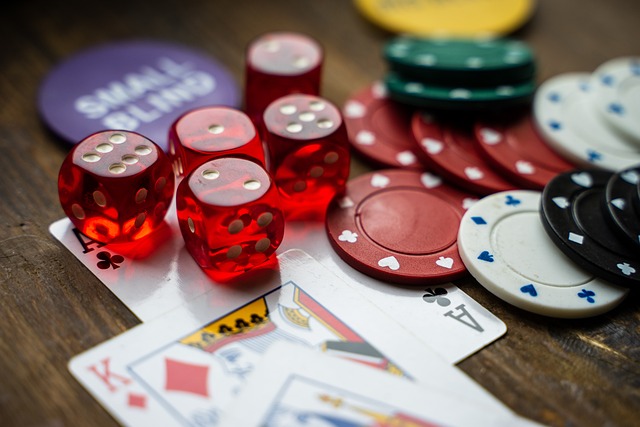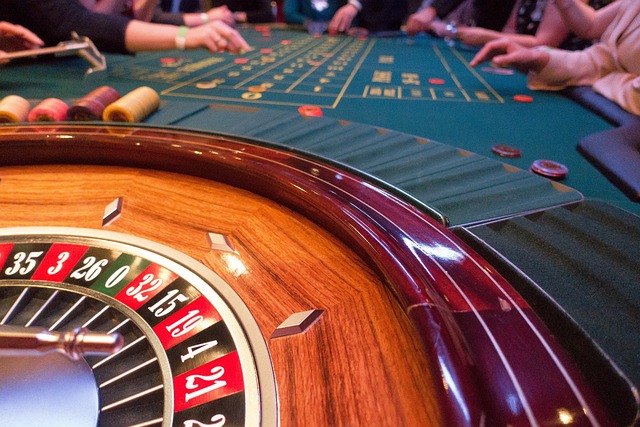Gambling is an important part of culture around the world, affecting how people behave and what they see and hear in different places. It can be seen in cultural norms and contemporary events that influence people’s perceptions of risk. It has been around for many years and is still a source of entertainment for people around the world. Before getting into the details, check out the game and have fun.
History and Tradition
Gambling has always had a place in culture from ancient times to the present day. In ancient Rome, people recorded chariot races and battles because they enjoyed them. During the European Middle Ages, aristocrats often indulged in sports and games for fun, which shows how gambling has historically been linked to social culture and entertainment.
Social Acceptance and Stigma
Different cultures view gambling differently. In a place like the UK, it’s an important part of life and entertainment. People gather at events such as national contests and place bets on events such as horse racing. But in some communities, especially religious or non-religious ones, gambling is frowned upon. Some people worry about ethics and morals, which can affect how gambling is viewed and regulated.
Finance and Financial Issues

Gambling is a major problem for many financial institutions. Governments raise funds for social welfare and infrastructure through regulation and taxation. Places like the United States and Macau make a lot of money through illegal gambling, using taxes and tourism to boost their economies. It shows how games can generate revenue to help communities grow and progress.
Fun and Entertainment
Gaming is an interesting and exciting topic in this world. Whether it’s friends who make friendly bets on sports or people who use online platforms for big betting campaigns, they inspire our free time. It’s not just sports betting – betting also extends to areas such as award shows and reality TV competitions. Predicting the winner and entering the betting area will make these events more interesting and attract more people to participate.
Impact on sport and event production
Gambling has changed the nature of sport and social events by attracting people’s attention and influencing their behavioral perceptions of the media. Bigger games will attract more fans to watch and talk about because of the betting. This focus affects player performance and how teams plan their strategies. It shows that gambling affects not only how people view sports, but also how competitive and entertaining they are.
Points to Consider and Rules

People always talk about whether gambling is good or not. They worry that people are being cheated, corruption is taking place, and vulnerable groups are being victimized. This is why governments create laws to make gambling safer. Some sites have strict rules about gambling advertising and potential gambling, while others are more lenient in an attempt to be fair and keep people safe.
Cultural Diversity and Globalization
Globalization has made games popular all over the world. Online platforms allow people from different places to bet together. This revolutionizes the way people bet, allowing everyone to enjoy sports around the world, no matter where they are from.
Social welfare and social inclusion
In many areas, games bring people together and help them connect. The local game store is a place where people from all backgrounds meet, talk and talk about their interests. This positive aspect of the game helps build strong relationships and preserve traditions, showing how communities can reconcile.
Progress and Innovation
In the future, new technologies may change how people view gambling. Mobile apps and digital websites have made gambling easier. This means that as more and more people join in, the way we look at social games will change. As the law and public attitudes towards gambling change, so too will the way gambling occurs in our society, reflecting the changing nature of our values and behaviors as a society.
